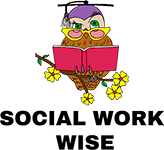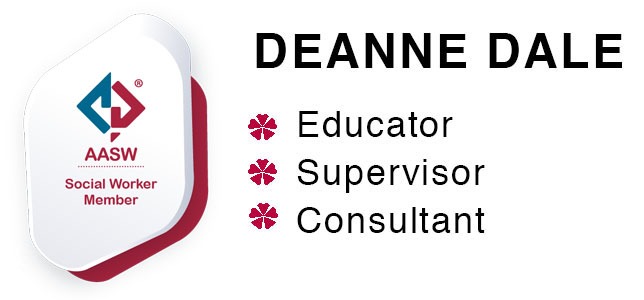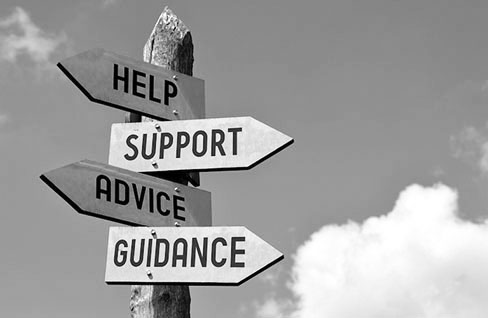For over 20 years I have provided clinical supervision to social workers, students of social work, psychologists and a range of allied health professionals responding to forms of interpersonal violence in my senior roles in NSW government departments, universities, NGOs and in independent practice. I have provided supervision to social workers and students in other practice settings including general hospital casework, community and mental health and NGO family support services. I am also experienced in the provision of supervision and mentoring support to new managers and emerging leaders in social work and allied health professions.
While most of these supervision relationships have been in the Sydney metropolitan area, I have also been able to sustain collaborative supervision relationships with workers in regional areas and interstate via phone and other platforms like Skype, as outlined in these testimonials. My hope is to be able to use these platforms to offer supervision to international colleagues as well.
I think of supervision as a safe space where workers/students can critically reflect on their thinking and practice and receive support and encouragement to develop their preferred professional identities.






